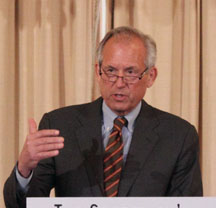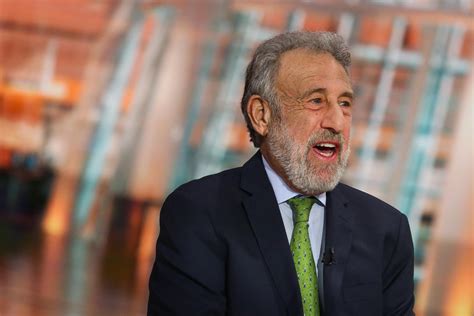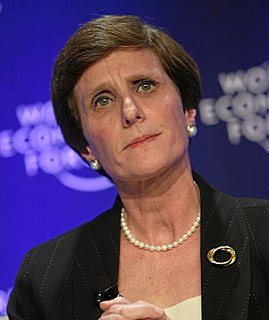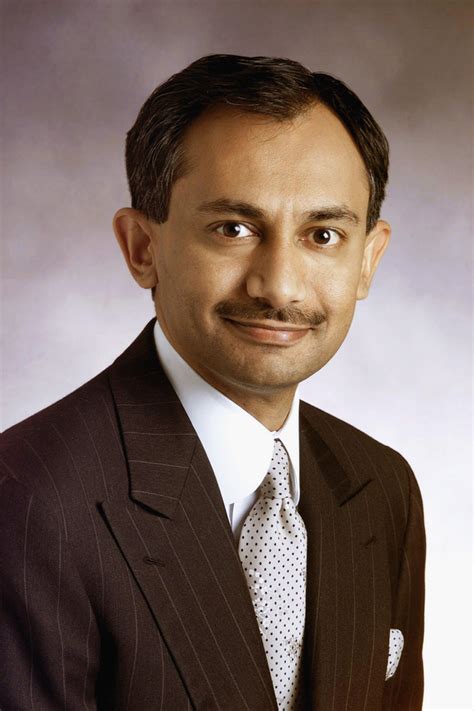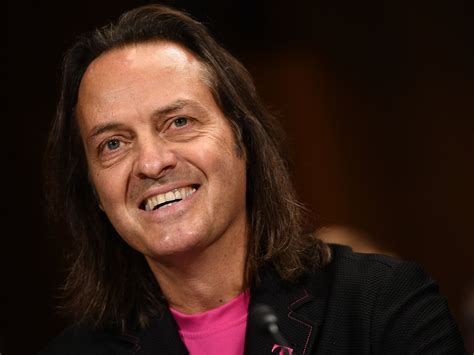A Quote by Glenn Kelman
When I was 28, running products for a company I'd co-founded, the CEO called to say that I had a problem with the board, that I probably couldn't overcome it, that I'd have to leave the company.
Related Quotes
I admire companies that have a purpose, passion, and performance. I am a fan of Unilever under its CEO Paul Polman, not only for the company's insights into women and men when they buy beauty products or skin products (the DOVE woman, the AXE man), but also as a company seeking to achieve both growth and practicing social responsibility.
The company [Microsoft] really has to chart a direction in mobile devices. Because if you're going to be mobile-first, cloud-first you really do need to have a sense of what you're doing in mobile devices. I had put the company on a path. The board as I was leaving took the company on a path by buying Nokia, they kind of went ahead with that after I told them I was going to go. The company, between me and the board, had taken that sort of view. Satya, he's certainly changed that. He needs to have a clear path forward. But I'm sure he'll get there.
You don't think, when you start a company as the founding CEO, that if your venture actually works, you end up with three jobs: founder, CEO, and chair of the board. The first eight years at Bonobos, I have learned a lot about the tension between the first two. It didn't even occur to me that I had the third job until much later.
I think the fact that father is running now as opposed to in 2012 where he didn't that he's had enough faith in myself and my siblings to be able to run the company.We've got tens of thousands of people that are under his direct employ. Those people, he wouldn't leave a company and leave those people and their lives and everything they've put into it at risk if he didn't think there was competent leadership to take over after him.
I was an executive running a pretty substantial group before becoming CEO, and I had no idea what it was like. When something goes wrong, people say, 'It's all your fault.' Your reaction is, 'It's not my fault.' But what do you mean? I was the founder, I hired everybody in the company, I was managing it.
Over the last 40 years, I have built MW into a multi-billion dollar company with amazing employees and loyal customers who value the products and service they receive at MW. Over the past several months I have expressed my concerns to the Board about the direction the company is currently heading.Instead of fostering the kind of dialogue in the Boardroom that has in part contributed to our success, the Board has inappropriately chosen to silence my concerns through termination as an executive officer.
I was working with an extraordinarily successful company that was doing a CEO succession, and the board was discussing the threats to the business. They were enormous, despite the company's strong market position. I then realized that there were no longer just turn-around periods for companies in trouble, that now variables that could drastically effect any business's profitability were not going to go away.
Strangely, from a life-change standpoint, I sold the company I was running and got divorced in the same month. And so there I was, at home, and I'm not the CEO. I took a few months thinking about what I wanted to do. When the first call came in about running a company owned by Deutsche Telekom, I thought it was laughable and really not something I'd do. I took the meeting mainly because the headhunter I knew. At first I thought I was just helping her fill out the roster, but then I dug into it.







